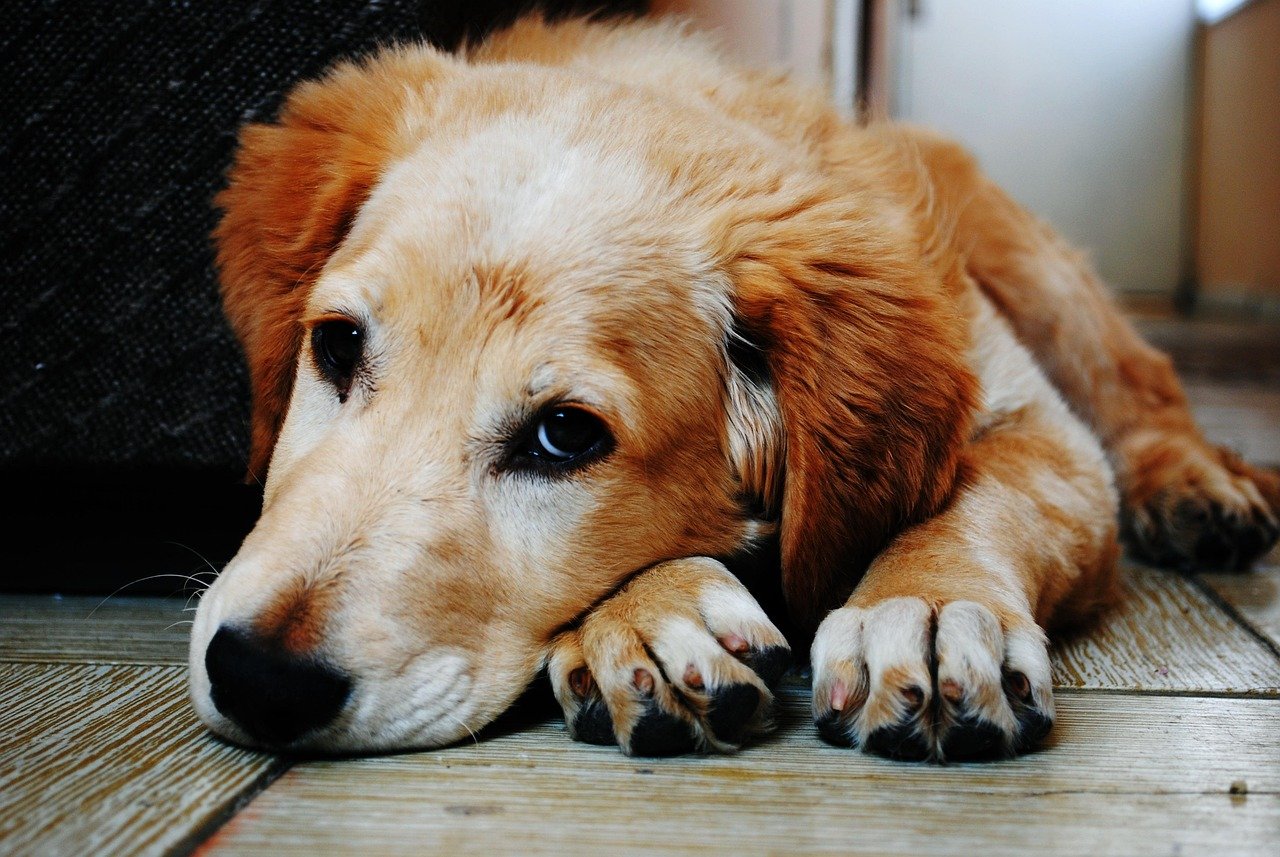You know that feeling when you come home after a long day and your dog acts like you’ve been gone for years? There’s something about the way they greet you, the intensity in their eyes, that makes you wonder just how much they really missed you. Most dog owners assume their pets simply sleep the day away, maybe play with toys, or watch squirrels through the window. But what if your dog’s behavior is telling you a different story entirely?
The truth is, our canine companions experience our absence in ways that might surprise you. While we’re busy at work or running errands, thinking about our to-do lists, our dogs are processing emotions and displaying behaviors that reveal just how deeply they feel our absence. Some of these signs are obvious, but others are so subtle that most pet parents miss them completely.
They Follow Your Scent Trail Around the House

Dogs learn to associate the human’s scent with positive experiences. That association makes for a strong emotional bond, as your smell becomes a pleasant aromatic for him. Because your dog has an incredible sense of smell, your dog might be seeking out something that smells like you to cope with your absence. If you’ve noticed that your dog always lays on your dirty laundry or old sneakers, then it’s pretty clear they’ve been missing you.
This behavior goes way beyond simple curiosity. When your dog methodically moves from room to room, nose to the ground, they’re essentially following your scent story from the morning. They can smell where you stood while brushing your teeth, where you sat drinking coffee, even which shoes you put on before leaving.
An owner’s scent activates the parts of a dog’s brain associated with pleasure, a new brain-imaging study says. Research has actually shown that your dog’s brain responds to your scent the same way it responds to treats or favorite toys. That’s not just attachment – that’s pure, neurological joy triggered by the simple fact that something smells like you.
They Sleep in Places That Smell Most Like You
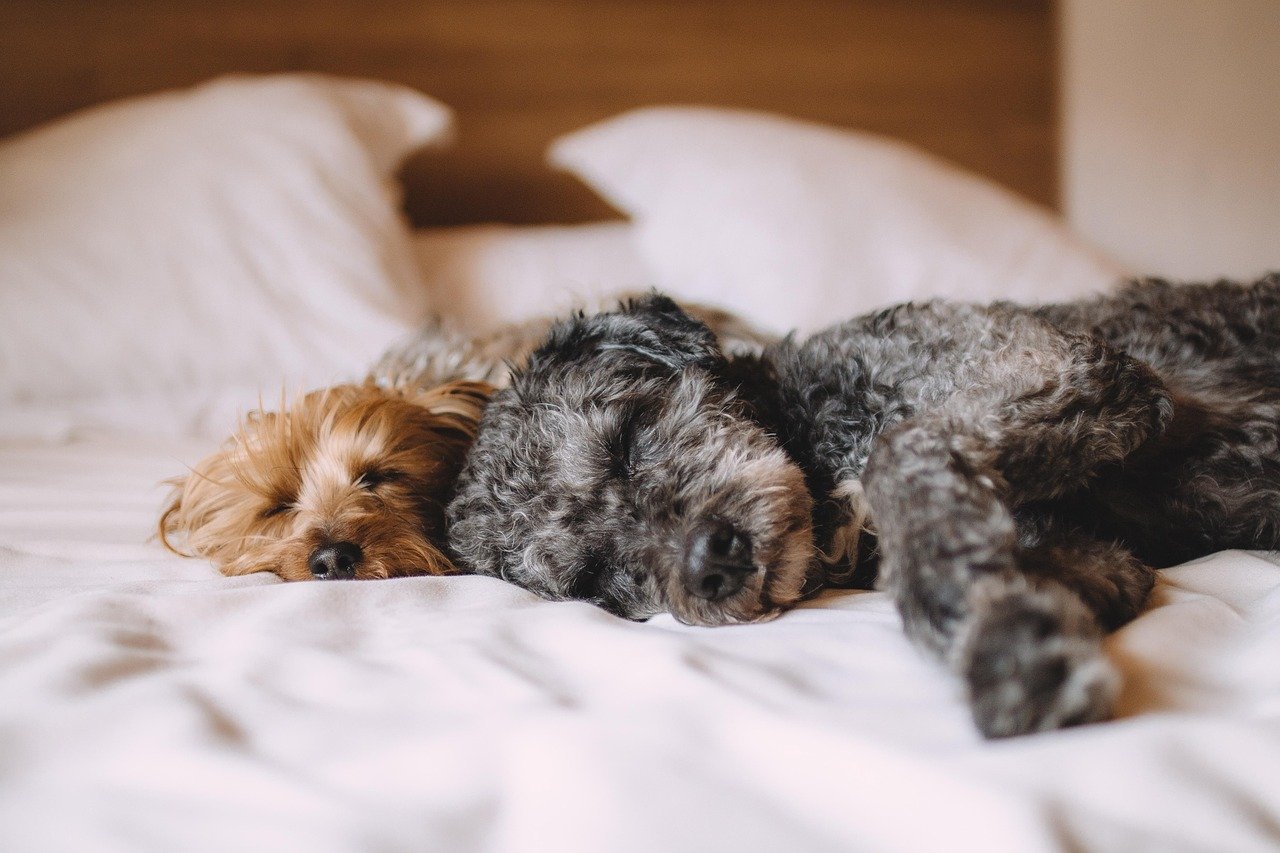
Did you ever find your dog sleeping on your laundry? Snuggling up to your dirty socks? Settling down when you take him to the veterinarian if you bring along your never-washed, favorite t-shirt? That’s is because your scent is on those items. Your dog is associating his love for you with your personal things that smell like you.
Dogs feel a sense of closeness and security, which is why we developed our · scent-retaining pet beds when they are clothed in the scent of their beloved humans. The familiar aroma that emanates from our clothes acts as a powerful reminder of our presence. It’s as if, through our scent, we’re offering a warm embrace that they can curl up with, even in our absence.
Your bed, your favorite chair, that pile of clothes you meant to put away – these aren’t just comfortable spots to your dog. They’re emotional anchors. When they curl up in these places, they’re seeking comfort in the closest thing they have to you being there. It’s like a security blanket, but instead of soft fabric, it’s your lingering presence that soothes them.
Their Ears Perk Up at Sounds That Remind Them of You
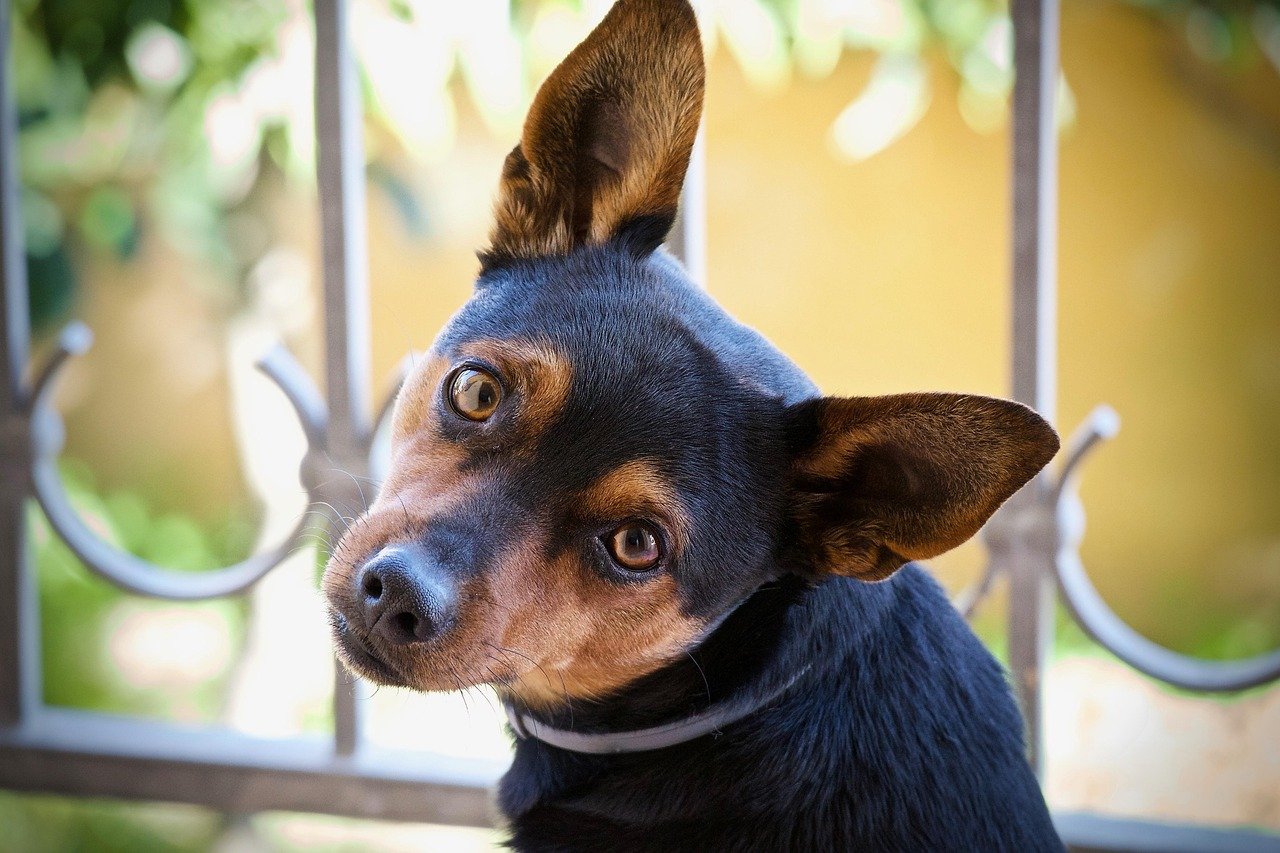
For example, a dog might start to pace, pant and whine when he notices his guardian applying makeup, putting on shoes and a coat, and then picking up a bag or car keys. But this sensitivity to sound works in reverse too. Dogs who miss their owners intensely will react to familiar sounds throughout the day – the sound of a car engine similar to yours, footsteps in the hallway, even the jingle of keys from a neighbor.
Dogs have learned to associate specific sounds with your presence and return. The creak of the front gate, the way your car door shuts, even the sound of your phone’s notification tone can send them into alert mode. They’re constantly listening for clues that you might be coming back.
This hyper-awareness of sound isn’t anxiety – it’s hope. Every noise is a potential signal that their favorite person is about to walk through the door. Dogs who exhibit this behavior are essentially living in a state of optimistic anticipation throughout the day.
They Refuse to Eat Until You Return
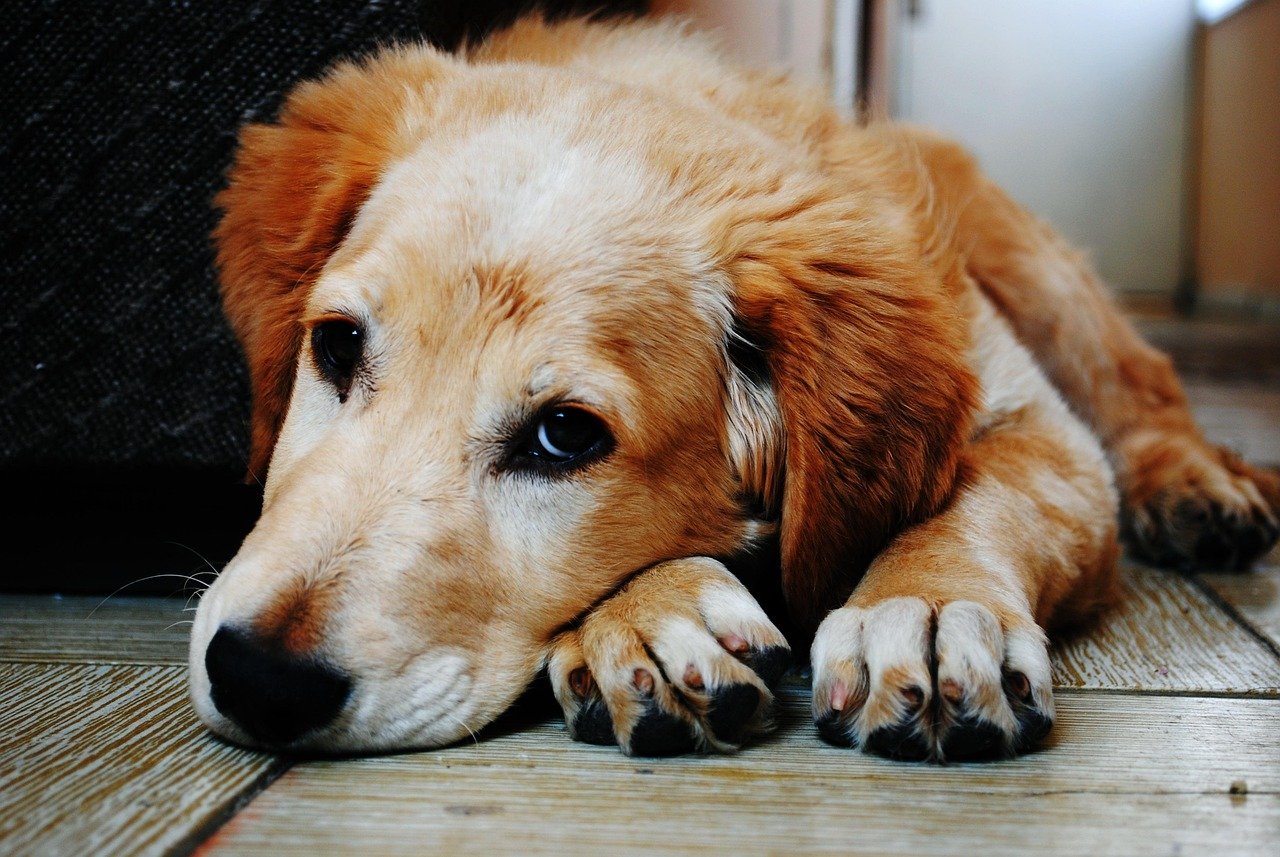
Some dogs might not eat much or at all when you’re not around. They’re too busy worrying about when you’ll be back to bother with their food. This behavior is more common than most people realize, especially in dogs with strong emotional attachments to their owners.
It’s not that they’re being stubborn or picky. Food just doesn’t seem as appealing when their favorite dining companion isn’t around. Think about it – some of our best meals are shared experiences. For dogs, mealtime often represents quality time with their humans, complete with attention and maybe even a few shared bites.
Typically, your dog will go through a grieving period that can last anywhere from a couple of days to several weeks, depending on how long you are away. Even though the studies show that most dogs will miss us when we leave, the amount of anxiety or sadness they feel depends on the dog and their circumstances. Some dogs will eat eventually when hunger takes over, while others maintain their food strike until you walk through the door.
They Position Themselves to Watch for Your Return

Dogs with separation-related problems will often show signs of excessive attachment to their owners. For example, dogs may follow their owners around when they are home, and when their owners are preparing to leave the house. This following behavior often translates into strategic positioning when you’re gone.
Dogs who deeply miss their owners will choose spots in the house that offer the best vantage point of your usual entry points. The top of the stairs with a view of the front door, a perch by the window overlooking the driveway, or even just lying in the hallway where they can monitor multiple entry points simultaneously.
This isn’t random lounging – it’s tactical waiting. They’ve calculated the optimal position to spot you the moment you return. Some dogs will maintain this vigil for hours, moving only when necessary and always returning to their chosen observation post.
They Show Physical Signs of Stress

The first 15 minutes are the worst, during which time your dog becomes extremely upset. All the physiological signs of fear may be present – an increase in heart and breathing rate, panting, salivating, increased activity and, sometimes, a need to go to the toilet. It results in a spectrum of behaviors that can include trembling, salivating, excessive vocalization, overgrooming, loss of bladder control despite successful potty training, or even minor to major destruction of your home.
These physical symptoms aren’t dramatic attention-seeking behaviors. They’re genuine stress responses that indicate your dog’s nervous system is in overdrive because you’re not there. Excessive panting when it’s not hot, drooling more than usual, or even digestive issues can all be signs that your absence is causing real emotional and physical distress.
The destructive behavior that some dogs display isn’t vindictive – it’s often a coping mechanism. After this frantic period, your dog may settle down to chew something that you have recently touched that still carries your scent. They’re trying to feel closer to you in the only way they know how.
They Greet You Like You’ve Been Gone Forever

If you’ve been gone for a long time, your dog might be super excited when you come home. Research shows that the longer you’re away, the happier your dog is when you return. If your dog greets you like you’ve been gone for years, even if it was just a quick trip to the store, it’s a clear sign they’ve been missing you. The “smiling” facial expressions, jumping, barking, and tail-wagging extravaganza are all their way of celebrating your return.
This isn’t just excitement – it’s relief mixed with pure joy. By studying the intensity of the dog’s greeting when left alone for 30 minutes up to 4 hours, they learned that there was definitely a “higher frequency of physical activity and attentive behaviour” when the owner returned after having been gone for a longer time frame.
The intensity of their greeting is directly proportional to how much they missed you. A quick trip to check the mail might earn you a happy tail wag, but a full day at work results in what can only be described as a celebration. They’re not being dramatic – they’re expressing genuine emotion about your return.
They Display Clingy Behavior After You Return

After you get back, if your dog sticks to you like glue, afraid you might vanish again, that’s a sign they really felt your absence. This post-reunion clinginess is your dog’s way of making sure you don’t disappear again anytime soon.
They might follow you from room to room, even to the bathroom. They’ll position themselves so they can maintain visual contact with you at all times. Some dogs will actually lean against their owners or maintain physical contact whenever possible after a separation.
This behavior usually settles down after they’ve had time to reassure themselves that you’re really back and not going anywhere soon. It’s essentially their way of recharging their emotional batteries after spending the day missing you.
They Become Anxious During Your Pre-Departure Routine
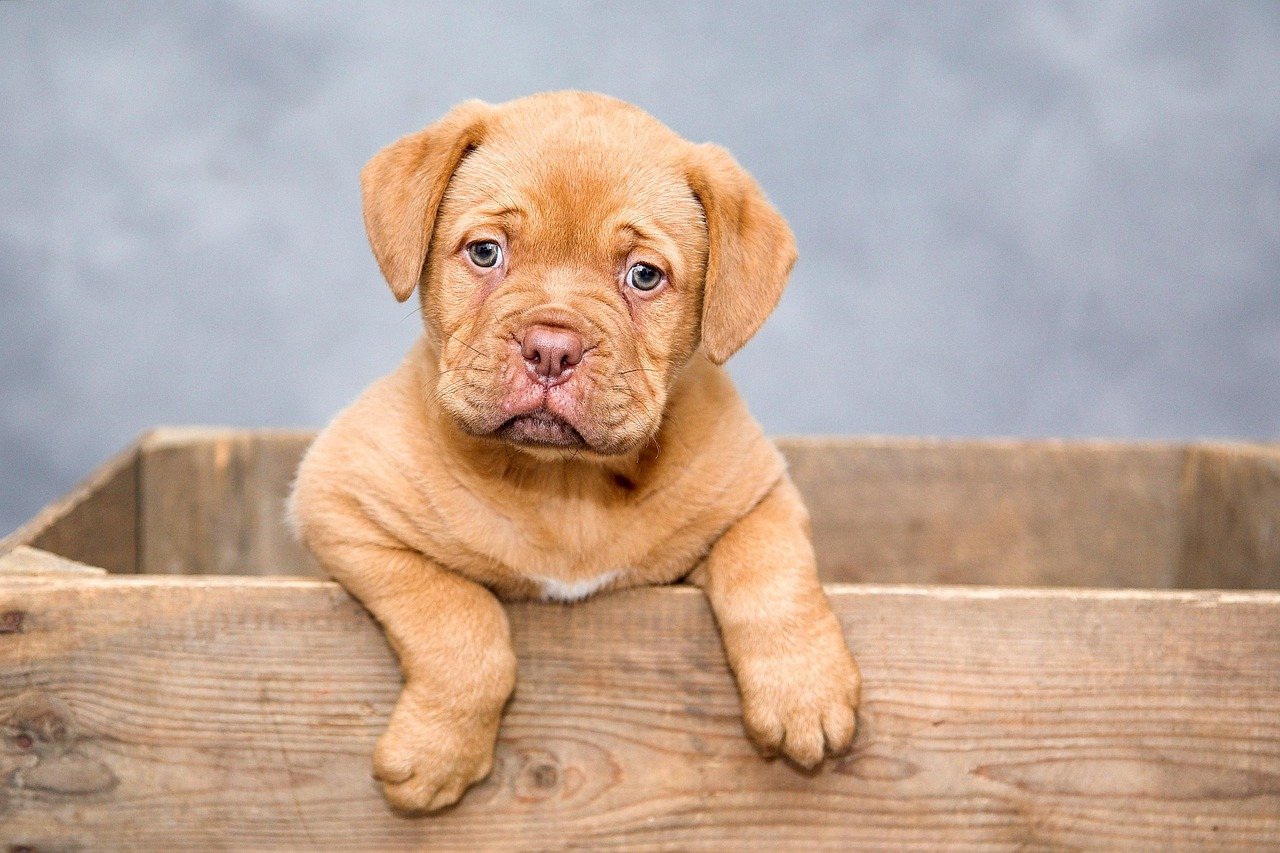
As mentioned above, some dogs begin to feel anxious while their guardians get ready to leave. For example, a dog might start to pace, pant and whine when he notices his guardian applying makeup, putting on shoes and a coat, and then picking up a bag or car keys. Guardians of dogs who become upset during predeparture rituals are unable to leave – even for just few seconds – without triggering their dogs’ extreme anxiety.
Dogs are incredibly observant and quickly learn the sequence of events that leads to your departure. They notice that you always put on your work shoes before leaving for the day, or that you grab specific keys for different types of outings.
This pre-departure anxiety isn’t about being left alone – it’s about anticipating the sadness they know they’ll feel once you’re gone. They’ve made the connection between these preparatory actions and the lonely hours that follow. Some dogs will even try to interfere with your leaving routine, hiding your keys or shoes, or positioning themselves between you and the door.
They Seek Comfort in Routine Activities

Luckily, Carson says dogs do well with routines and familiar places. When you leave for work, they might be sad at first, but then they’ll do dog stuff, like sleeping, chewing toys, or listening for sounds while you’re gone. However, dogs who miss you intensely often create their own comfort routines that center around you.
They might have a specific toy that they only play with when you’re gone, or they’ll sleep in a particular spot that offers the best view of your usual return path. Some dogs develop elaborate rituals around items that smell like you, carefully arranging and rearranging blankets or clothing items.
These self-soothing behaviors show just how much mental energy they’re dedicating to coping with your absence. They’re not just waiting passively – they’re actively working to manage their emotions and find comfort in a world that feels incomplete without you.
Conclusion
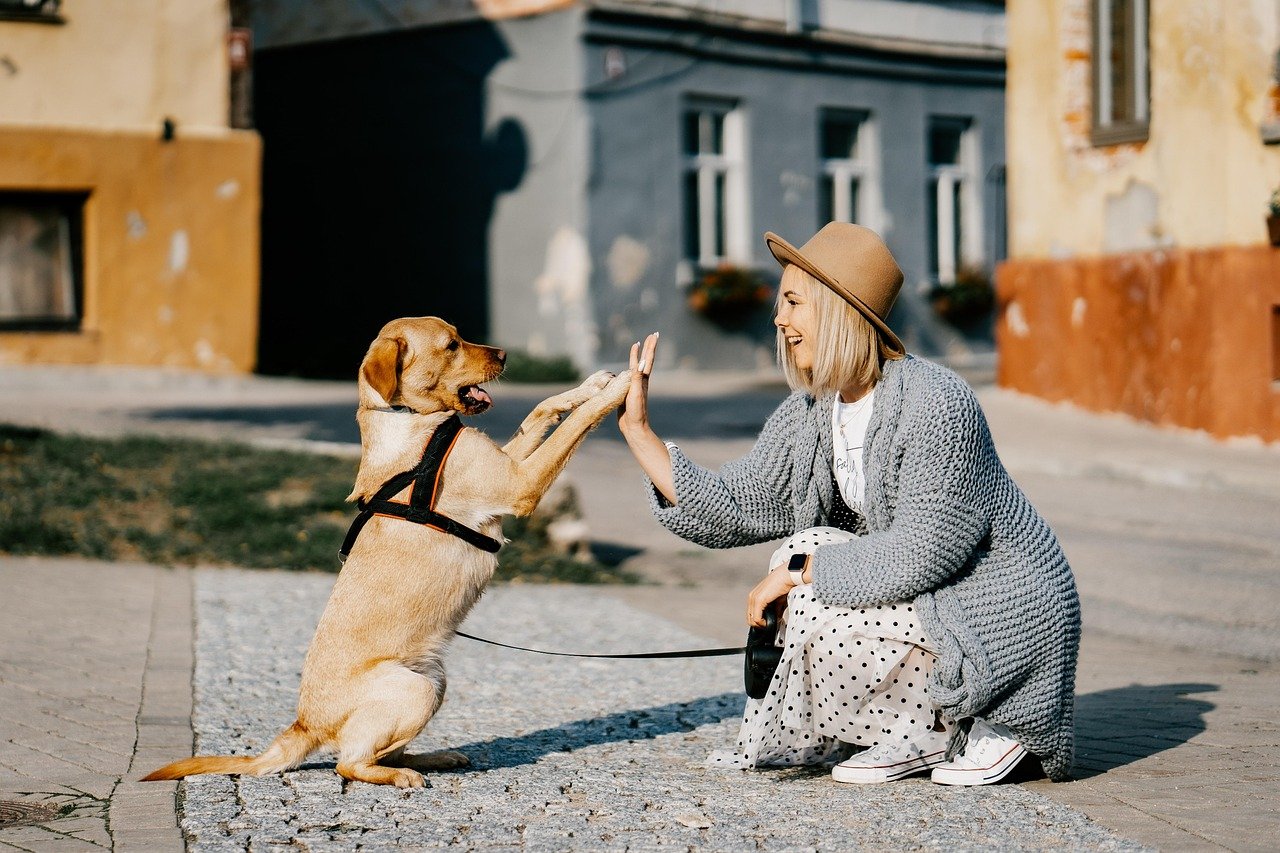
The next time you come home to find your dog sleeping on your favorite sweater or discover they’ve barely touched their food all day, remember that these aren’t just random behaviors. They’re clear indicators of the depth of emotion your dog experiences in your absence. Yes, dogs do miss their owners when they’re gone. This is because dogs associate owners with fun memories and happy feelings.
Understanding these signs helps us appreciate the profound emotional bonds our dogs form with us. While we can’t always change our schedules to spend more time at home, recognizing these behaviors allows us to respond with greater compassion and maybe find small ways to ease their longing throughout the day.
Your dog’s missing you isn’t weakness or neediness – it’s a testament to the incredible relationship you’ve built together. Did you expect their emotional world to be this complex?

